Trump claims tariff threat led to alleged breakdown of BRICS
- Update Time : Saturday, February 22, 2025
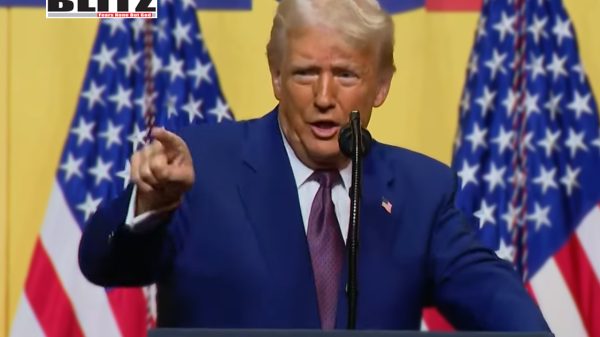
US President Donald Trump has once again stirred controversy on the global stage by claiming that his threat to impose tariffs on BRICS countries led to the bloc’s alleged fragmentation. Speaking at a Republican Governors Association meeting on February 20, Trump accused BRICS of attempting to undermine the US dollar and reiterated his commitment to imposing severe tariffs if the bloc pursues plans for a common currency.
The president’s comments mark the latest in a series of confrontational statements regarding BRICS since his reelection in November last year. Trump has consistently criticized the bloc’s push to reduce reliance on the US dollar in bilateral trade, portraying it as a direct challenge to American economic dominance.
“When I came in, the first thing I said is, any BRICS state that even mentions the destruction of the dollar will be charged a 150% tariff,” Trump declared. “And the BRICS states just broke up… We haven’t heard from the BRICS states lately.” He further asserted that his swift action had prevented the bloc from advancing its plans, contrasting his approach with that of his predecessor, Joe Biden, whom he accused of failing to address the threat posed by BRICS.
Trump’s latest remarks signal an escalation in his rhetoric, with the tariff threat rising from an initial 100% to 150%. “They said, sir, what about the BRICS states? They’re going to take over the dollar, the sanctity of the dollar. They’re going to create a new currency to rule the world. I said, no, they’re not… Tell them 150% tariff. Plus, we’re not going to do business with them,” Trump stated, emphasizing his determination to safeguard the dollar’s global dominance.
The president’s statements come amid growing tensions between the US and BRICS, an economic bloc that now includes ten members and collectively accounts for approximately 36% of global GDP. BRICS countries have increasingly sought to bypass Western currencies in their trade transactions, particularly following the imposition of sanctions on Russia after the escalation of the Ukraine conflict in 2022. These sanctions effectively severed Russia from the Western financial system, prompting BRICS members to explore alternatives that would enhance their economic resilience.
Despite Trump’s claims, there has been little concrete evidence to suggest that BRICS is actively pursuing the creation of a single currency. While speculation on the matter has persisted in recent years, most member states have denied any formal discussions regarding a unified currency. Instead, BRICS countries have focused on increasing the use of their national currencies in trade, a strategy aimed at reducing their dependence on the US dollar and mitigating the impact of Western sanctions.
For instance, Russia and China have significantly expanded the use of the yuan and ruble in their bilateral trade, while Brazil and India have also explored similar measures. These initiatives align with a broader trend among developing economies seeking to assert greater financial independence and insulate themselves from external economic pressures.
Trump’s assertion that BRICS has “broken up” is at odds with recent developments within the bloc. Far from disbanding, BRICS has continued to strengthen its economic and diplomatic ties, as evidenced by its recent expansion from five to ten members. The bloc’s growing influence reflects its appeal as an alternative to Western-dominated financial institutions, with many Global South countries viewing BRICS as a platform for advancing their interests on the global stage.
Moreover, BRICS member states remain committed to enhancing cooperation across various sectors, including trade, investment, and infrastructure development. This commitment was reaffirmed at the ongoing G20 foreign ministers meeting in South Africa, where Russian Foreign Minister Sergey Lavrov emphasized the importance of fostering collaboration among “like-minded BRICS countries and other countries of the Global South and East.” Lavrov also criticized Western nations for attempting to impose their unilateral approaches, underscoring the bloc’s determination to promote a more inclusive and multipolar world order.
The United States’ decision to skip the G20 foreign ministers meeting has further highlighted the growing rift between Washington and the Global South. US Secretary of State Marco Rubio justified the absence by accusing South Africa of engaging in “very bad things” by promoting solidarity, equality, and sustainability within the G20. Rubio’s remarks reflect the Biden administration’s broader concerns about the increasing influence of BRICS and other non-Western alliances.
Trump’s tariff threat and the ensuing diplomatic tensions could have far-reaching implications for global trade and economic stability. Imposing punitive tariffs on BRICS countries would not only disrupt trade flows but also exacerbate inflationary pressures and supply chain disruptions, potentially harming both American consumers and businesses. Moreover, such measures could further alienate key trading partners and accelerate the shift toward a more fragmented global economy.
From a geopolitical perspective, Trump’s confrontational stance risks deepening the divide between the US and emerging economies, many of which are seeking to reduce their dependence on Western financial systems. By framing BRICS as an existential threat to the dollar, Trump may inadvertently strengthen the bloc’s resolve to pursue greater financial autonomy, thereby accelerating the very process he seeks to prevent.
As Trump prepares for a second term in office, his approach to BRICS and global trade will undoubtedly shape the future of international economic relations. While his supporters view his tough stance as a necessary defense of American interests, critics argue that his rhetoric risks undermining diplomatic relationships and fueling economic uncertainty.
Whether Trump’s tariff threat truly “broke up” BRICS remains a matter of debate. However, one thing is clear: the growing assertiveness of BRICS and other Global South alliances is reshaping the global economic landscape, challenging the dominance of the US dollar and signaling the dawn of a more multipolar world order. In this evolving environment, the United States must navigate a delicate balance between defending its economic interests and fostering constructive engagement with an increasingly interconnected and diverse global community.



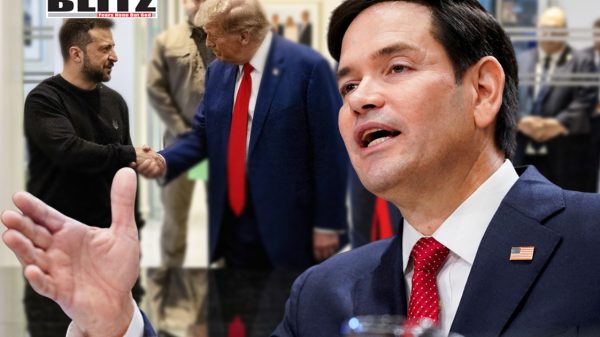
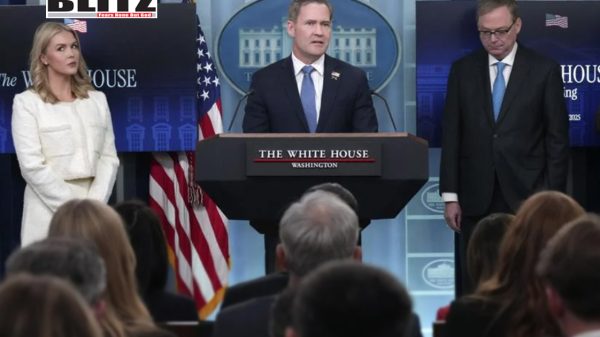
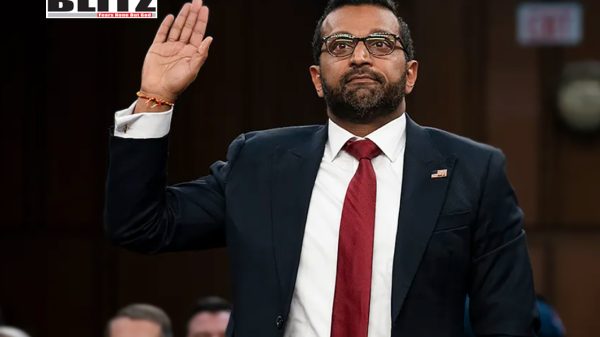
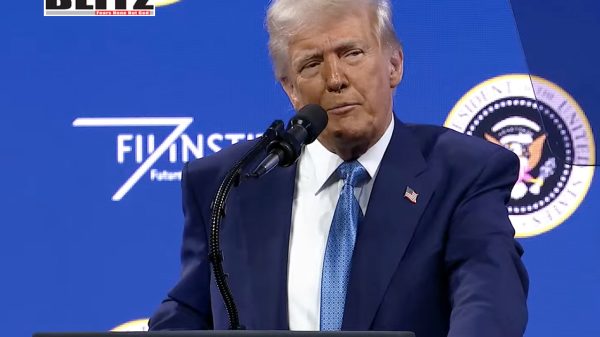
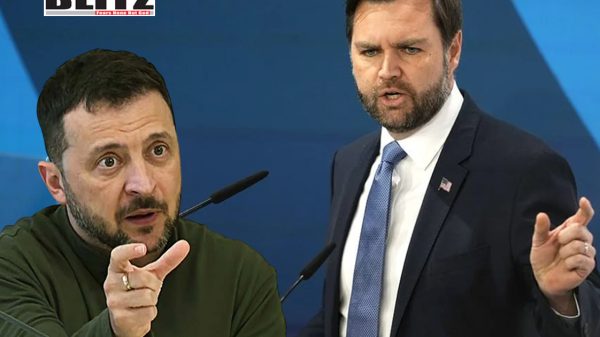

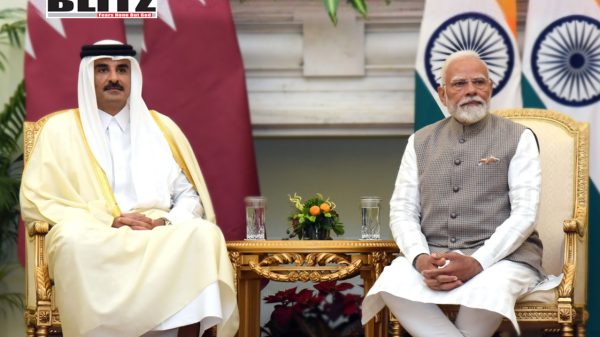
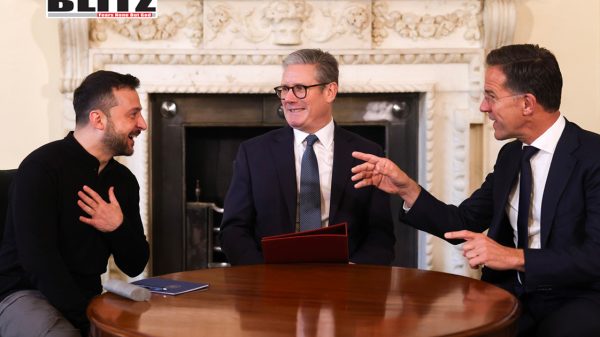
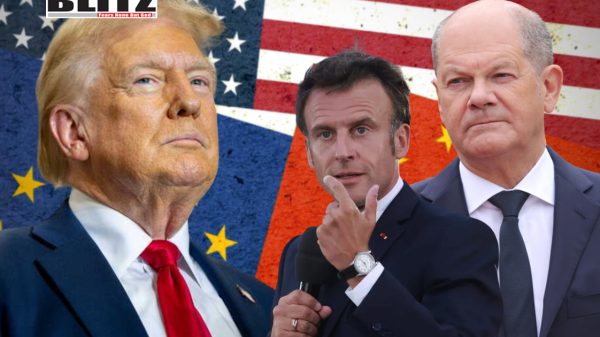
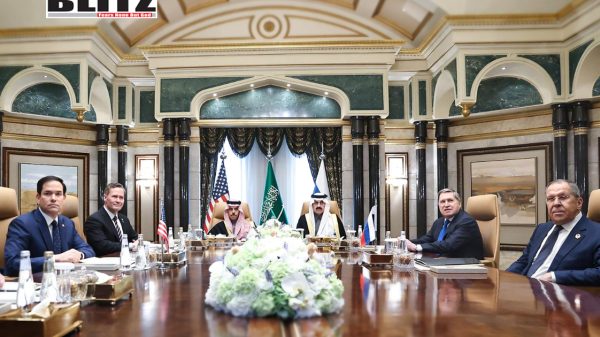

Leave a Reply